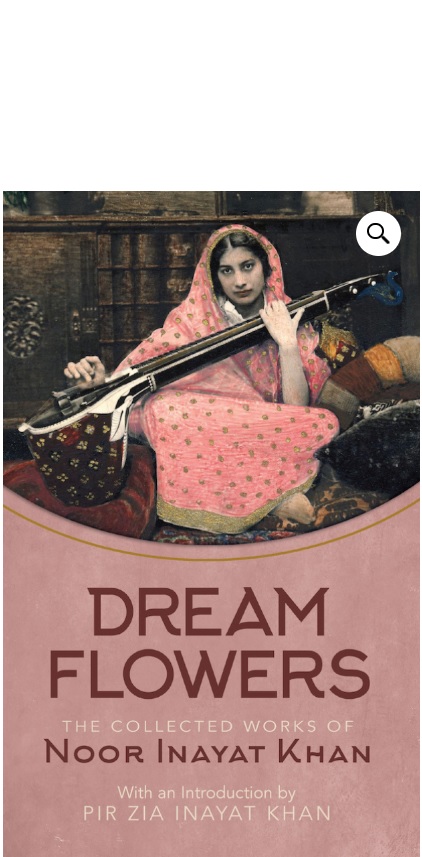The historian and biographer, Shrabani Basu, chaired a memorable meeting on 13th September 2023 at the Weiner Holocaust Library, that marked 79 years to the day since Noor Inayat Khan, the legendary Special Operations Executive (SOE) radio operator, was shot in the Dachau concentration camp under German Nazi orders, alongside three other female colleagues, similarly caught while working under cover in France during World War II. Shrabani Basu is chiefly responsible for ensuring the life of a remarkable Muslim British patriot was not forgotten, through her biography ‘Spy Princess’. The evening included contributions from her, as well as family members Pir Zia Inayat Khan and Shaikh-al-Mashaik Mahmood Youskine (YusKhan, a descendent of Gengiz Khan).
Shrabani Basu traced the sufi lineage, noting the role of Pir Inayat Khan, Noor’s father, who was a descendent of the equally legendary Tippu Sultan of Mysore. Pir Inayat Khan’s other children included Pir Vilayat, who was Pir Zia’s father. Mahmoud Youskine’s family lived in Holland and were frequent hosts to visits by Pir Inayat Khan and his children. He himself, as a young boy of nine, was taught to play the piano by Noor Nisa.
In their family recollections at the event, the audience were able to learn of new facets of her life. She was deeply imbued in her father’s sufi practices and in addition to being a trained musician, wrote children’s stories and poetry. A book of her poems and stories have been published by the Suluk Press:

“Dream Flowers collects a number of her never-before-published pieces in addition to her major published works: Twenty Jataka Tales, King Akbar’s Daughter, and Aède of the Ocean and Land. The substantial introduction by Pir Zia Inayat Khan elucidates the author’s unique literary contribution to the elaboration of Sufism in the West.”
Noor also wrote a sufi interpretation of Homer’s Odyssey, giving the epic her own touch by describing the hero Odysseus take on the path of a sage. Pir Zia explained that at one level of reading, Noor Nisa identified herself with Telemachus, who too died an early death. Noor was also critical of the Nazi attempt to appropriate the Grimms fairy tales.
The discussion at the Weiner Holocaust Library touched on the tension between sufi practice and Noor’s decision to fight in the British army during World War II. While still living in the family home in Suresens, France, she had resolved with her brother Vilayat to fight the Nazis. Shrabani Basu described her as physically petite, but she trained hard and had an ‘inner steel’ that was recognised by her army superiors. She did not break under interrogation, and her last words were ‘Liberté’. For her nephew, this had a sufi echo of release from the physical world to the freedom of the spiritual realm.
JS
